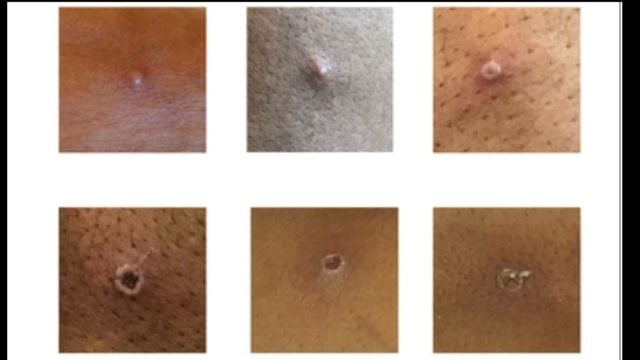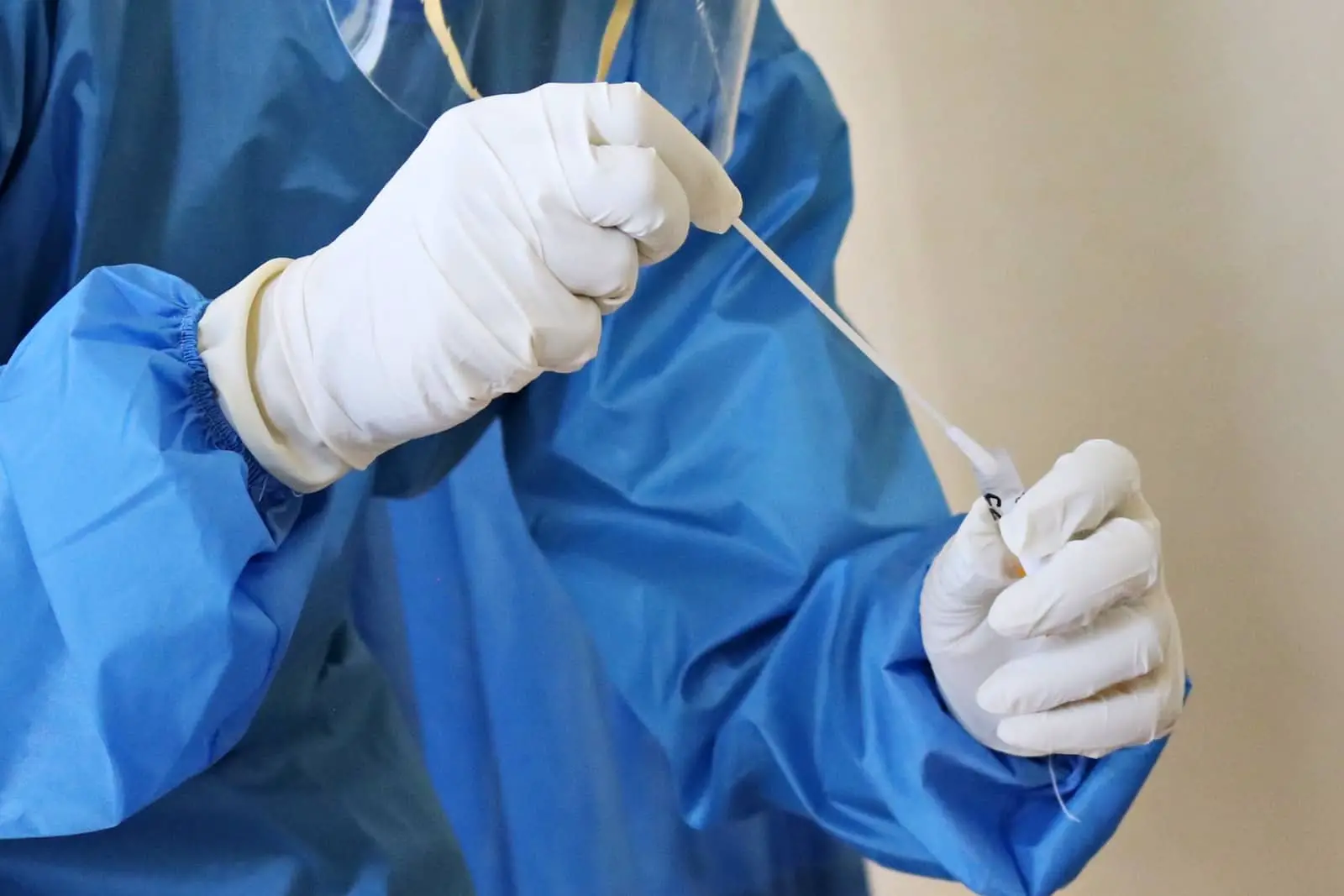Anyone who listens to, watches or reads the news will already have heard mention of the growing number of Monkeypox cases in the UK.
Monkeypox is usually limited to countries in West Africa, but over the last couple of weeks 70 cases have been identified in England.
Transmission through kissing
Cllr Karl Love, the Cabinet member for Adult Social Care and Public Health has told News OnTheWight that Monkeypox is not currently identified as a local major health risk.
Although a cluster of cases in London have been identified in gay and bisexual men, Cllr Love explained that transmission can come from kissing, so anyone can be at risk.
Love: Close bodily contact
Cllr Love told News OnTheWight,
“Close bodily contact is thought to be the transmission route and therefore anyone can be at risk.
“It might be that some groups use NHS services in different ways and therefore tracking the Monkeypox virus is being better identified in some community groups and not others.”
What is Monkeypox?
Monkeypox is a viral infection and until recently, associated largely with travel to West Africa.
It is usually a mild illness and most people recover within a few weeks. However there have been some cases resulting in hospitalisation.
What happens if you contract Monkeypox?
The symptoms of Monkeypox begin five to 21 days (average six to 16 days) after exposure, with symptoms that include fever, muscle ache and headache.

Within one to five days after the appearance of fever, a rash develops, often beginning on the face or genital area then spreading to other parts of the body. The rash changes and goes through different stages before finally forming a scab which later falls off.
More information can be found on the Government Website.
Love: Consider those with underlying health issues
Cllr Love urged residents to be vigilant, saying,
“Our Island being surrounded by the sea does not protect us, as many of us commute off Island to socialise and enjoy the bars and nightlife of large cities. We need to think about our own health and well-being especially those with underlying health issues.
“The information we currently have will change as our health and community understanding of the situation develops.”
Love: Don’t sit at home and worry
The Cabinet member finished by saying,
“I urge anyone in our community but especially our LGBT+ community, with unusual rashes or lesions to contact NHS 111 or Sexual Health Services at St Mary’s Hospital to arrange for a health check up.
“Don’t sit at home and worry, please take action to protect yourself and those you love.”
Image: Mufid Majnun under CC BY 2.0





